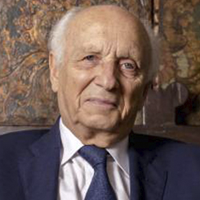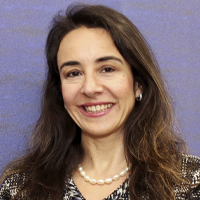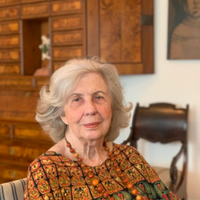Online course
History of Brazilian Diplomacy - From the Empire to the 21st Century | Full Program
- Institutional
- External Relations
21 october 2021
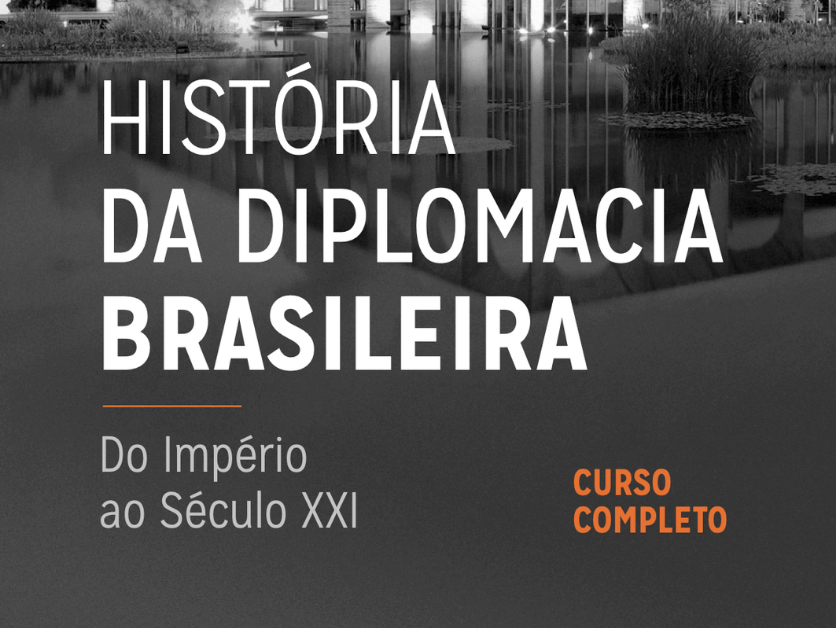
Few countries in the world owe such a great deal to diplomacy as Brazil does: the increase in territory by two thirds, 150 years of peace with ten neighboring countries, prestige stemming from its use of soft power, membership in the G-20 and BRICS, one of the largest economies in the world as well as one of the largest environmental and food powerhouses.
Our view of ourselves, what we are or what we would like to be, has resulted in a large part of this diplomatic tradition and its virtues, such as the strengths of moderation, balance and consensus building.
CEBRI's first online course provides an overview of the history of diplomacy in Brazil, from the beginning of the 19th century to the present day. The course will be a legacy regarding the relevance of Brazilian foreign policy, bringing together the living memory of different periods, with lessons and conversations with our country’s Ministers and Presidents.
The course is currently available only in Portuguese.
Click here to access a complete overview of the course.
DURATION:
20 lessons
Platform:
Zeeplo
Membership options:
Online
Language:
Portuguese only
Investment:
R$ 500
Share

Few countries in the world owe such a great deal to diplomacy as Brazil does: the increase in territory by two thirds, 150 years of peace with ten neighboring countries, prestige stemming from its use of soft power, membership in the G-20 and BRICS, one of the largest economies in the world as well as one of the largest environmental and food powerhouses.
Our view of ourselves, what we are or what we would like to be, has resulted in a large part of this diplomatic tradition and its virtues, such as the strengths of moderation, balance and consensus building.
CEBRI's first online course provides an overview of the history of diplomacy in Brazil, from the beginning of the 19th century to the present day. The course will be a legacy regarding the relevance of Brazilian foreign policy, bringing together the living memory of different periods, with lessons and conversations with our country’s Ministers and Presidents.
The course is currently available only in Portuguese.
Click here to access a complete overview of the course.



66c8ab2f7b900.png)
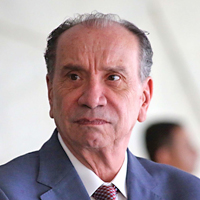

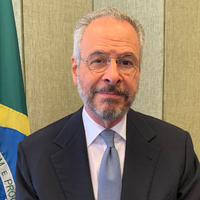
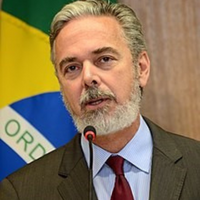
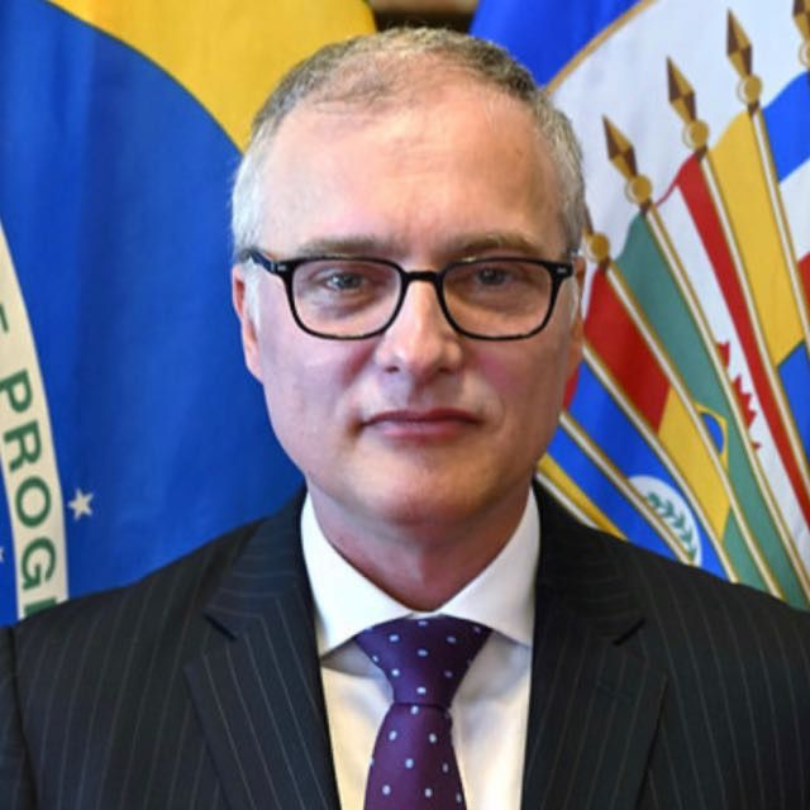
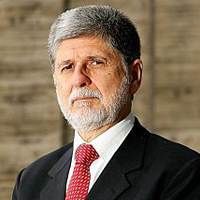
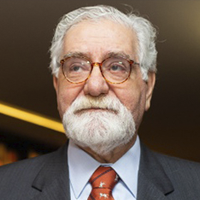

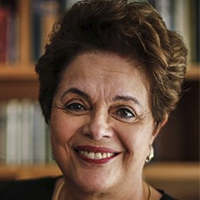


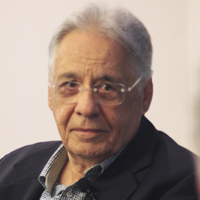
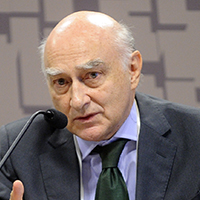
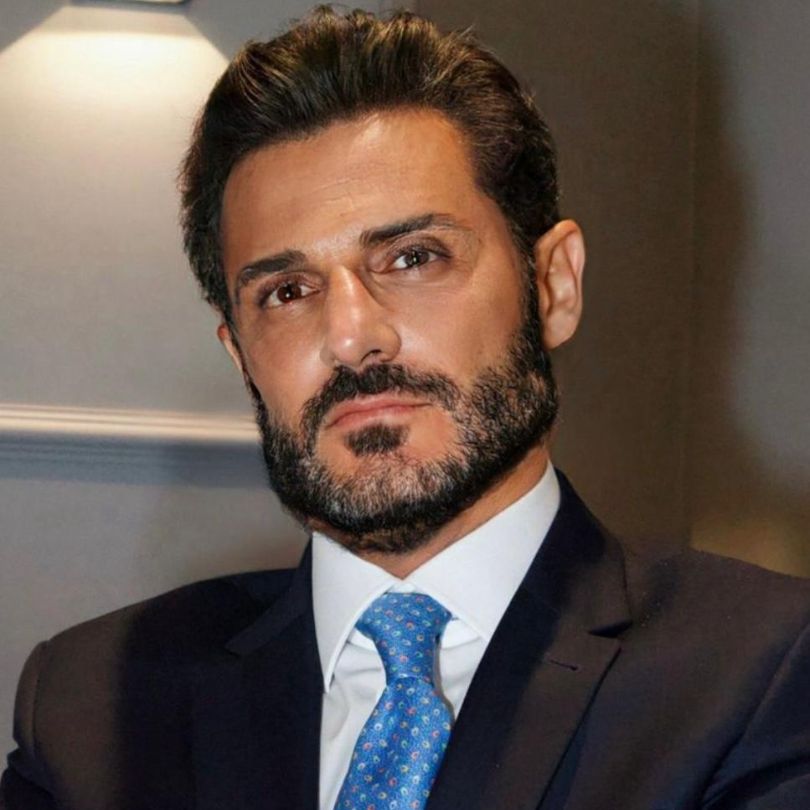
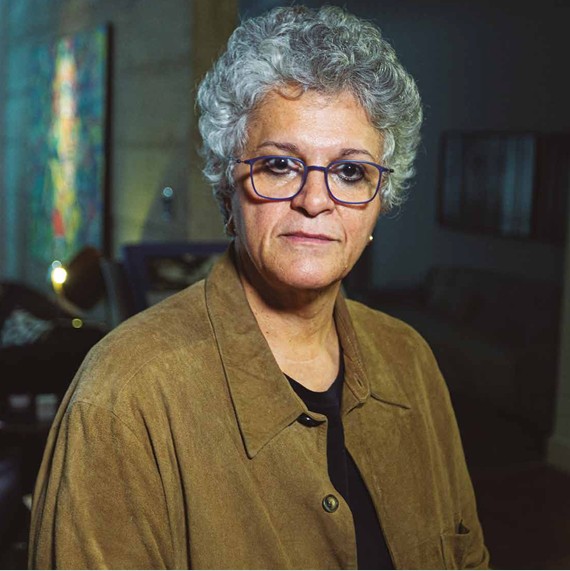
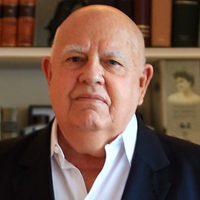
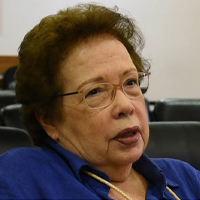
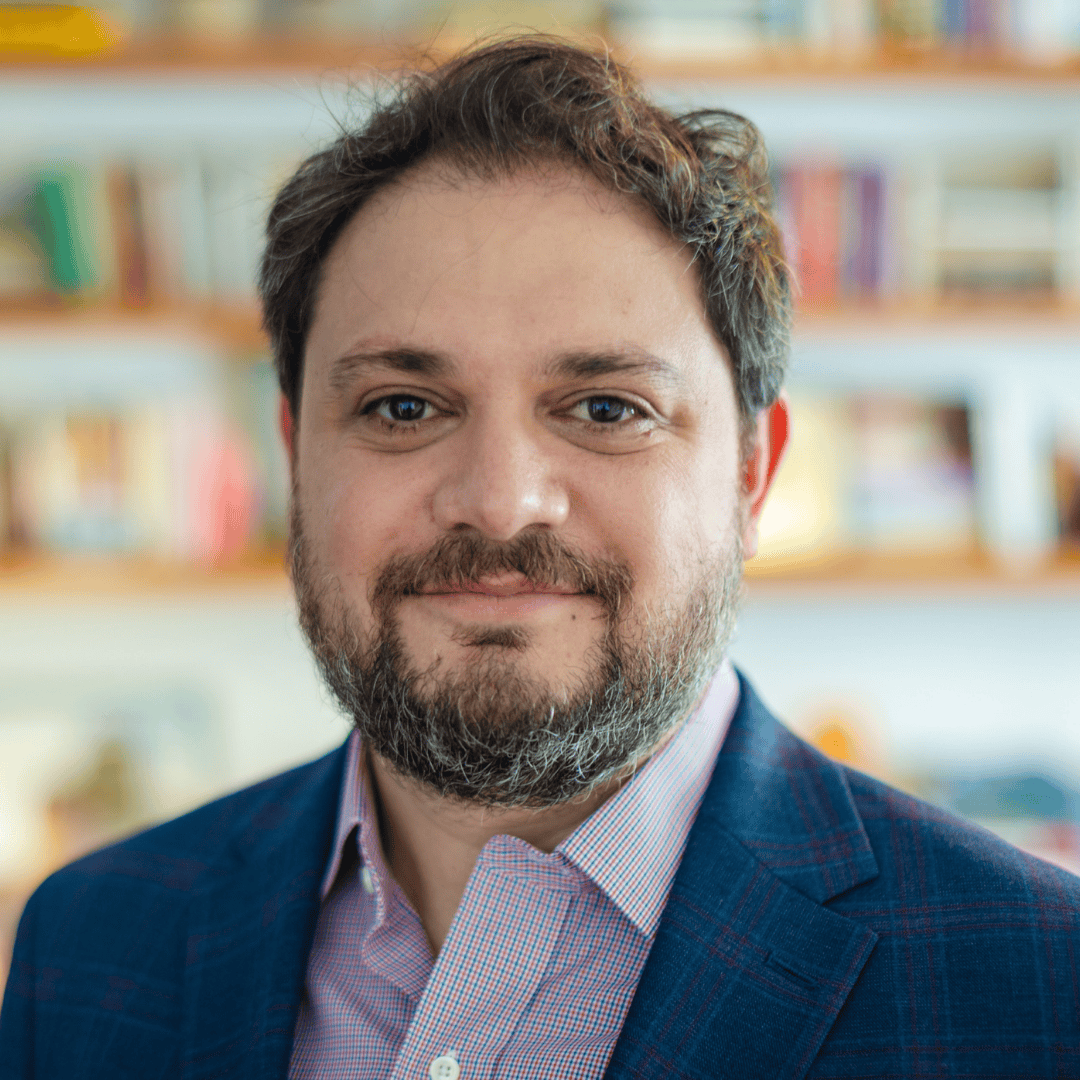
.jpg)
